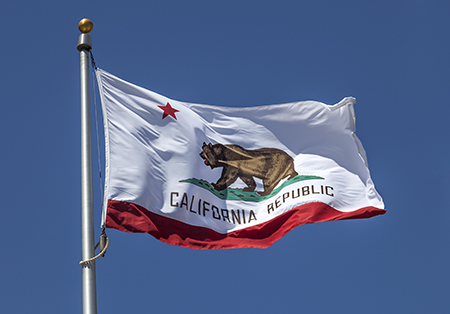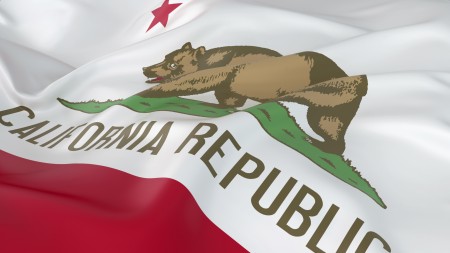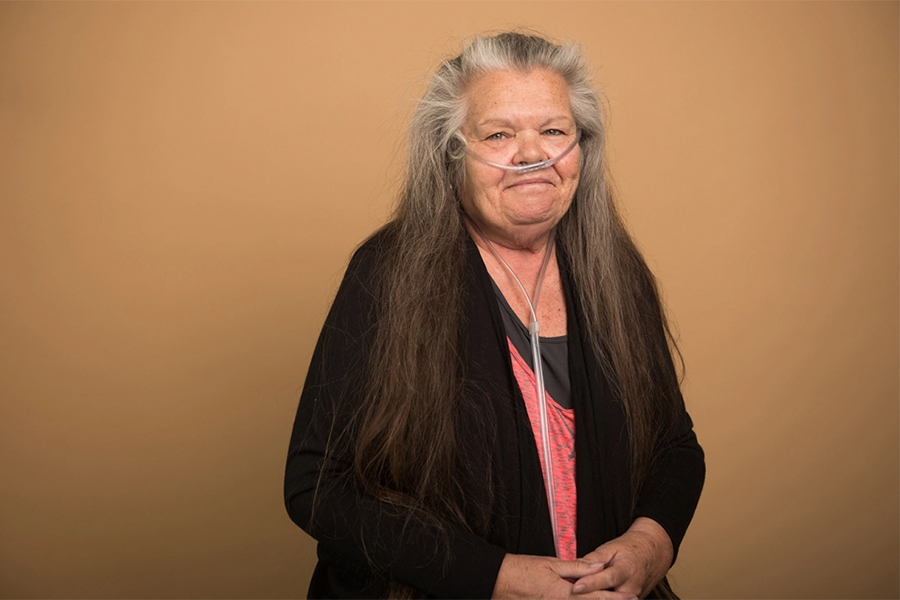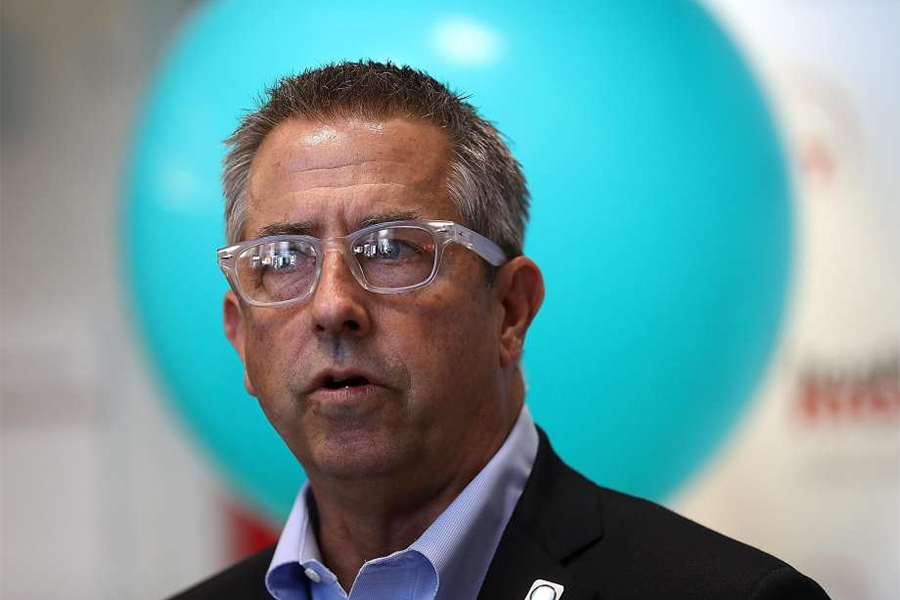California has enrolled nearly three times as many consumers as expected in Medi-Cal under the Affordable Care Act’s expansion of the program, placing financial strain on the state as the federal government begins reducing matching funds, the AP/Salinas Californian reports (Lin, AP/Salinas Californian, 7/19). Medi-Cal is California’s Medicaid program.
More than a dozen other states that expanded their Medicaid programs under the ACA also have seen enrollment surpass expectations.
Background
Under the ACA, the federal government pays 100% of states’ costs of expanding Medicaid eligibility through 2016. The federal government then will gradually reduce its contribution, with the federal matching rate falling to 90% by 2020 (Cassidy, AP/Los Angeles Times, 7/20). Currently, 30 states and Washington, D.C., have chosen to expand their Medicaid programs (AP/San Francisco Chronicle, 7/19).
Enrollment, Costs Higher Than Expected
Overall, at least 14 states that expanded their Medicaid programs have seen enrollment in the program surpass original estimates. Some lawmakers have warned that the higher-than-expected enrollment could strain state budgets, which would lead to fewer resources for other programs.
According to an Associated Press analysis of state budget projections, Medicaid enrollment and expansions costs, at least seven of those states already have increased their Medicaid cost estimates for 2017.
Details of California Enrollment
In California, about 2.3 million residents have enrolled so far in the expanded Medi-Cal program — nearly three times more than the state’s prediction of 800,257 enrollees (AP/Los Angeles Times, 7/20).
In addition to newly eligible individuals, the state also has experienced a spike among those who already qualified for Medicaid signing up for the program. As a result, more than 12 million Californians — or about one in three — are enrolled in Medi-Cal.
Meanwhile, overall Medi-Cal costs have increased from $91.5 billion to $115.4 billion over the past five years.
According to the AP/Californian, much of the cost is covered by federal funding. However, California will see costs continue to grow as the federal government reduces its matching rate.
Raising Taxes To Cover Costs
Some Republican state lawmakers are concerned that Democrats will seek to increase taxes to help cover the costs of the program, the AP/Californian reports.
Lawmakers are currently in a special session to find a way to raise at least $1.3 billion to boost Medi-Cal reimbursement rates and replace about $1 billion that will be lost from a health plan tax that does not comply with federal rules (AP/Salinas Californian, 7/19).
Other Democratic lawmakers are considering a tobacco tax increase to help cover Medi-Cal costs.
Stakeholders Say Benefits Still Outweigh Costs
Meanwhile, advocates say the expansion’s potential benefits outweigh the costs, the AP/Californian reports.
In addition, California officials have noted that expanding Medi-Cal under the ACA has brought billions of federal dollars into the state’s economy. They also expect to be able to cover Medi-Cal costs through long-term budgeting and coordination with other social programs.
H.D. Palmer, a California Department of Finance spokesperson, said, “California has been at the national forefront of implementing the Affordable Care Act and will continue to be” (AP/Salinas Californian, 7/19).
Original article published by California Healthline on July 20, 2015.






















